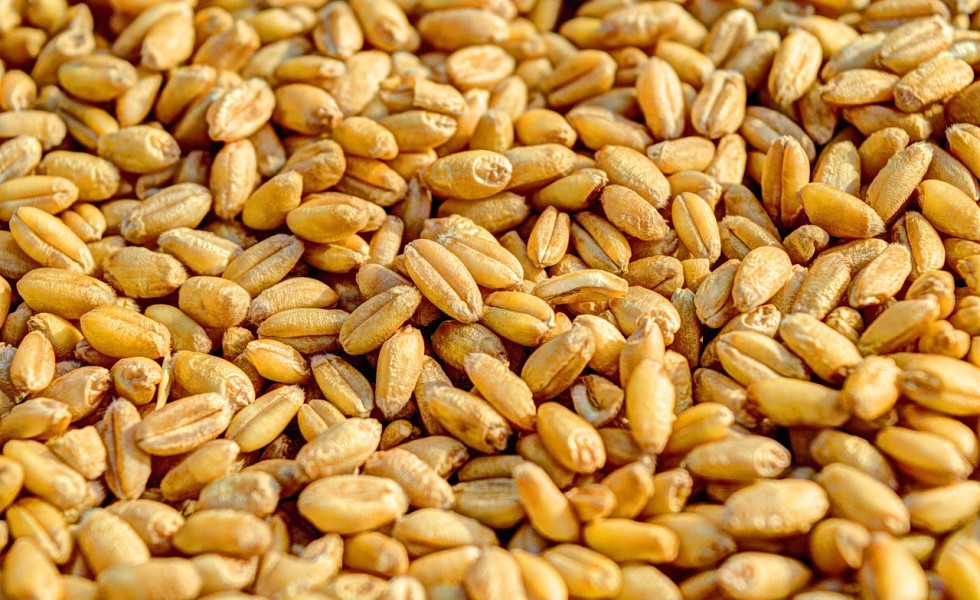Plowshares Into Swords
Posted on May 3, 2018

Texan Mike Conaway, the Republican chairman the House Ag Committee, went full cowboy on committee Democrats after he learned all 20 of them would vote no on his 2018 Farm Bill if he presented it with what they said were 20 percent cuts in SNAP, the nation’s $68-billion-a-year Supplemental Nutrition Assistance Program.
Conaway’s reaction was like a country-western song; it had three stanzas and ended in defiance. First, he was “deeply disappointed and hurt, quite frankly” that committee Democrats walked away from the Farm Bill process without knowing all the details of his SNAP “reforms.”
Next, he shifted blame. His closed-door writing of the bill wasn’t why it stalled, he explained; it stalled because the Dems, in protest, walked away from his closed-door process. Still, he added, if the blind sheep wished to return, “we will welcome them back.”
“But in the meantime,” he said, “we’re going forward. I need a bill that gets 218 votes. I don’t care if they are Democratic votes or Republican votes, we’re going to get 218.”
A week later, in a speech to cattle folks in Fort Worth, Conaway pointed at his ranking committee counterpart, Minnesota Democrat Collin Peterson, for the ongoing delay.
“I assumed he was working with his members to socialize”—socialize?—the SNAP cuts. “He didn’t. He simply told them, ‘Conaway’s just doing what (GOP members) did in 2013 and we don’t need to be a part of it.”
It was just more Conaway shape-shifting because, in fact, it’s not Peterson’s job to deliver Democratic votes to the committee’s GOP chairman so his bill appears bipartisan. The best way to deliver a bipartisan bill is to allow all members to have a hand in writing it.
Conaway’s partisan sniping seems more aimed to get him one vote in the White House but it won’t help him get the 218 votes he needs in the U.S. House.
In truth, the Texan has an even bigger problem than SNAP-protecting Democrats. Nearly all of his committee (as well as the Senate Ag Committee) isn’t actually writing a new Farm Bill. They are re-writing the 2014 law as if the nation and world haven’t changed in the last four years and won’t change in the next five.
Much, however, has changed. When the 2014 bill finally passed, the previous year’s net farm income was $123 billion. In 2018, it will be $59.5 billion. Nothing in either Farm Bill addresses farm income collapse.
Changed, too, is the global grain scene.
For example, in the June-to-July trade year, Argentina’s wheat exports have increased from 1.6 million metric tons (mmt) in 2013/14 to 13.7 mmt in 2017/18, an 835 percent increase. Over the same period, Russia’s wheat exports grew 200 percent (18.6 mmt to 37.5 mmt) and the Ukraine’s rose 176 percent while U.S. wheat exports dropped from 31.5 mmt to 24.5 mmt over the same period.
Again, nothing in either the current or proposed law addresses seismic market shifts like wheat has undergone in just four years. Since January, however, Congress has instituted ad hoc “disaster” programs for U.S. goods, like cotton and dairy, wilting under world market heat.
Will this unwritten component of the 2014 bill be a silent part of the 2018 bill, too?
And, of course, White House trade policy, like the White House itself, has changed. President Trump’s newly imposed tariffs on steel, aluminum, and Chinese goods; his achingly slow renegotiation of NAFTA; and his leaving the mega Trans-Pacific Partnership rightly worries farmers and ranchers. What happens if he fails to thread even one of these sharp needles?
That failure—or some other, unforeseen change—could change everything for farmers and ranchers.
Maybe that’s why Conaway is complaining about age-old SNAP instead of driving a forward-looking policy debate for the coming decade: it’s far easier to gripe about old problems in old programs than to come up with creative solutions for new ones.
© 2018 ag comm
Share This